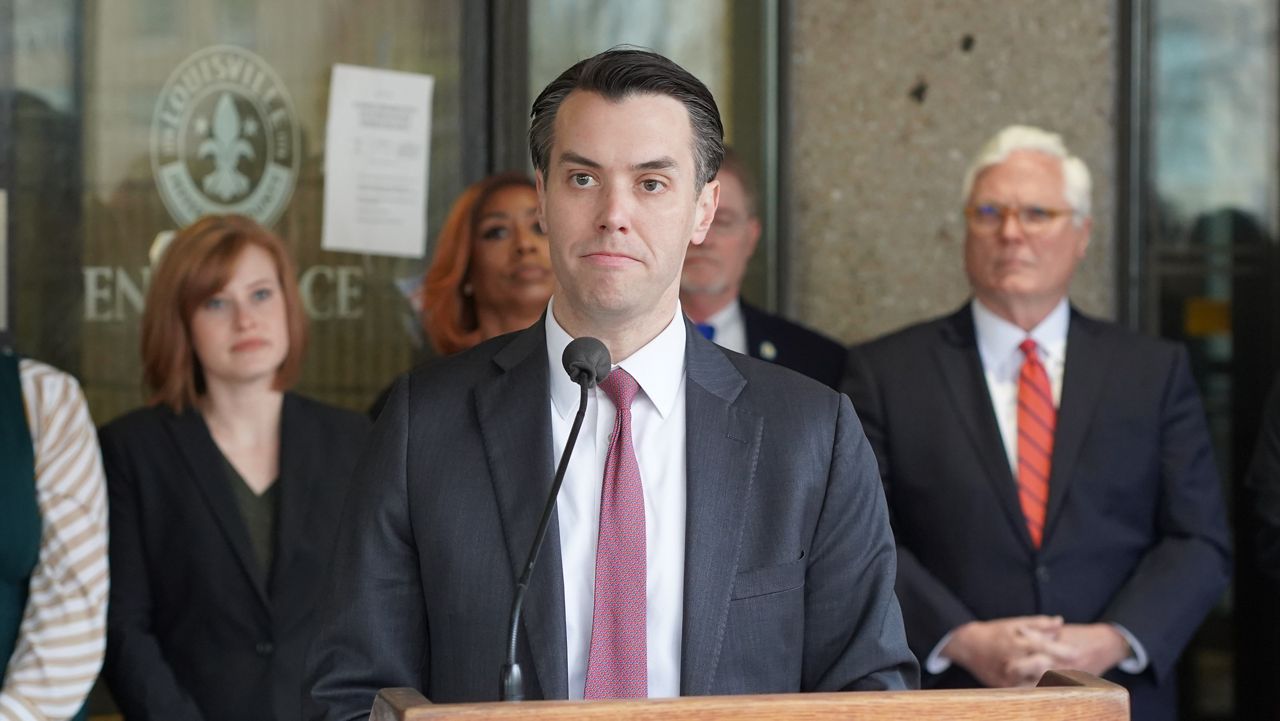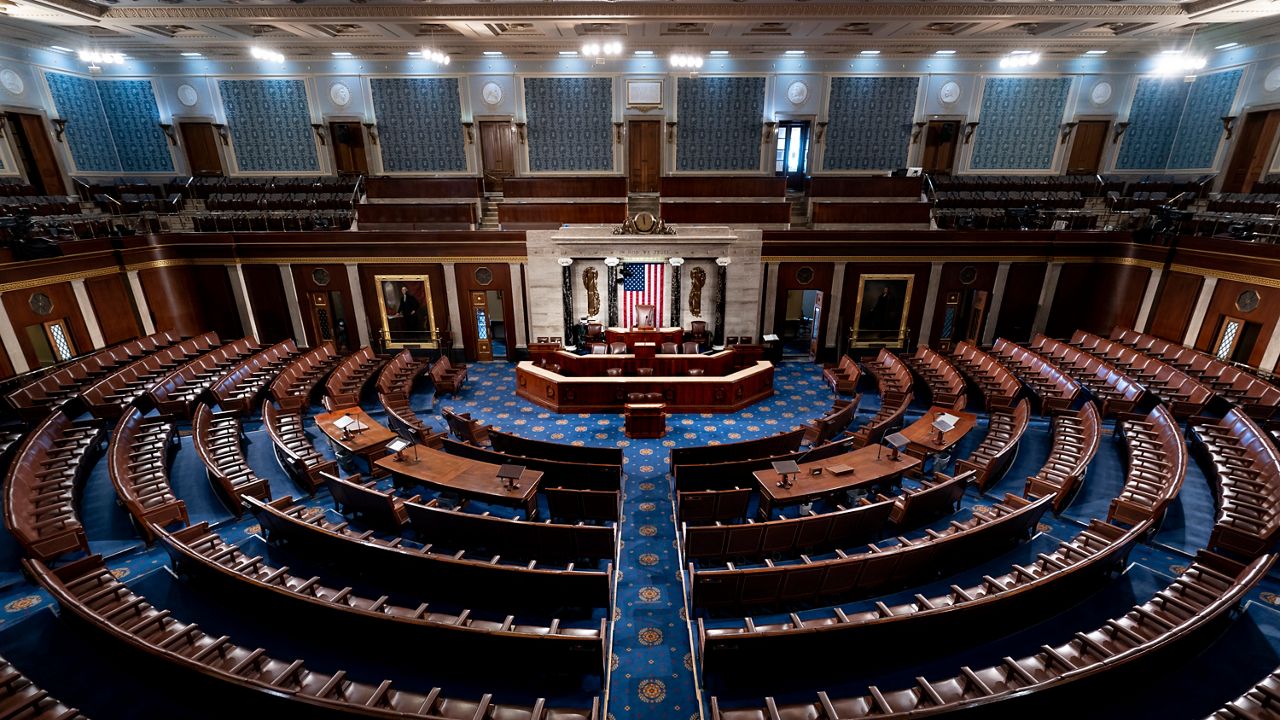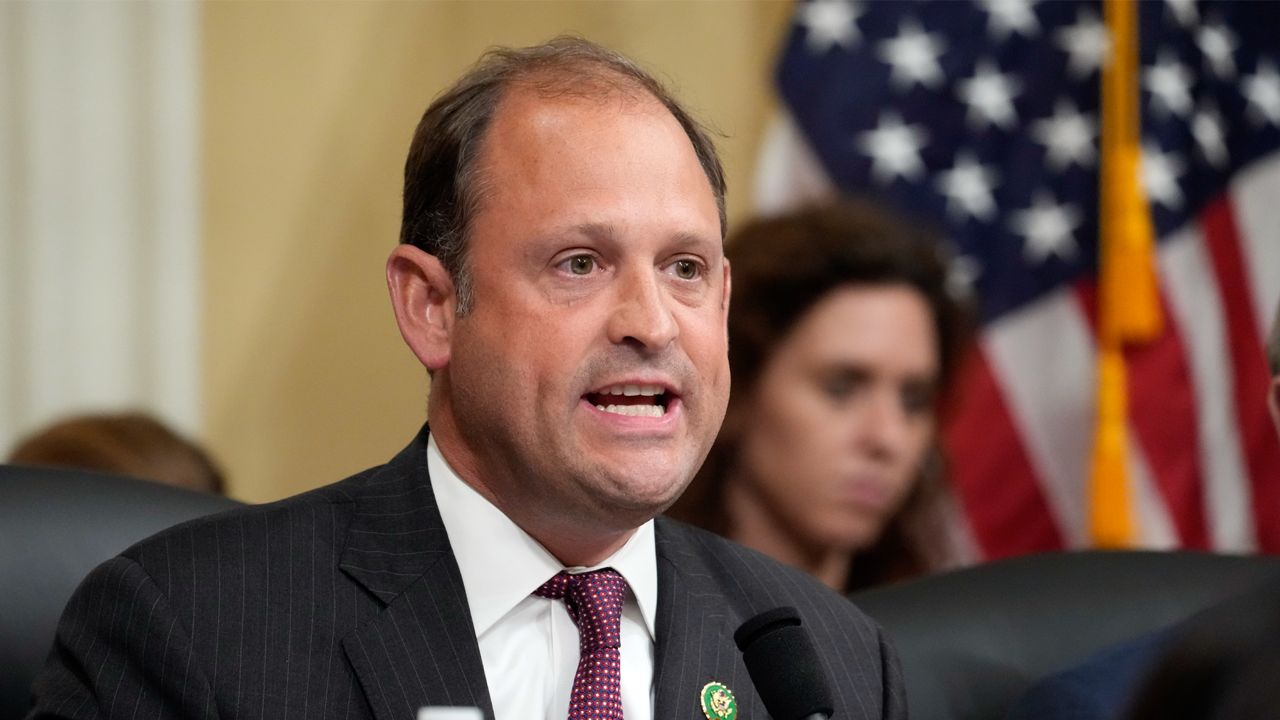Rep. Andy Barr, R-Ky., is taking aim at the Housing First policy supported by the Biden administration. Housing First prioritizes getting homeless people into permanent housing over participation in supportive services, like addiction treatment.
Instead, Barr is pushing his Housing Plus bill, which focuses on supportive services.
What You Need To Know
- Rep. Andy Barr is seeking to expand the number of transitional housing organizations can receive federal funds
- Barr introduced the Housing Plus bill surrounded by lawmakers, advocates and people who have experience homelessness who said that their participation in supportive services is what helped them overcome it
- Those opposed to the Housing Plus bill said it would “harm federal, state, and local efforts to end homelessness by undermining the ability to prioritize evidence-based solutions and diverting scarce resources"
Barr introduced the Housing Plus bill surrounded by lawmakers, advocates and people who have experienced homelessness who said that their participation in supportive services helped them overcome it.
“Many transitional housing facilities in my district do not qualify for federal funds because they require participation in wraparound services such as counseling, financial education or career development as a condition of continued residency or they mandate sobriety for the residents,” Barr said.
The Kentucky lawmaker said that he first saw a need for change in policy when someone in his district, who was staying at a women’s shelter, shared that she was concerned about her own sobriety if regulations were not in place where she was staying.
“[She] told me with tears in her eyes that this program that she was in was working and it was not Housing First,” Barr told Spectrum News. “It was a mandated sobriety program where they were helping her in addition to giving her an apartment or a safe place to stay.”
Barr’s bill would expand what types of organizations can receive funds from the Department of Housing and Urban Development.
“It’s about eligibility criteria for the grants,” Barr said. “So HUD has a pot of money, Congress appropriates those funds and then there is criteria to make organizations eligible.”
Barr’s bill has been endorsed by former Secretary of Housing and Urban Development Ben Carson, Citygate Network, American Idea Foundation, Hope Street Coalition and The Cicero Institute.
But some advocacy groups have said that giving funds to organizations that require participation in wraparound services is not the solution.
“The Housing PLUS Act would harm federal, state and local efforts to end homelessness by undermining the ability to prioritize evidence-based solutions and diverting scarce resources to outdated, ineffective, and costly strategies,” one group said in a statement.
Sarah Saaidian, with the National Low Income Housing Coalition, said they “strongly oppose” the Housing Plus bill.
“We tried Representative Barr’s approach in the 80s and 90s,” Saaidian told Spectrum News. “It’s called the stair-step model, where people have to meet certain criteria in order to maintain that housing in order to get access to housing.
“Anybody who has dealt with a substance use issue or has a family member who has, we know that it’s not that easy and there are challenges and stumbles along the way,” Saaidian said. “Under the Barr approach, those people would lose access to housing. They’d be pushed back into homelessness.”
Barr introduced this legislation in the last session of Congress, but it did not get a vote. At the time, Democrats controlled the House.
Barr said there is now “interest” from his colleagues on the other side of the aisle. As of right now, though, the bill does not have any Democratic co-sponsors.










